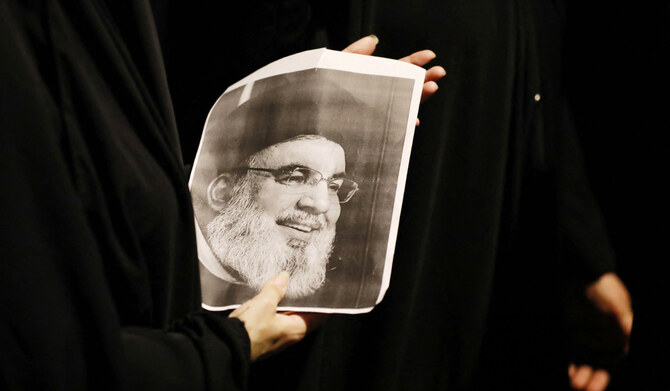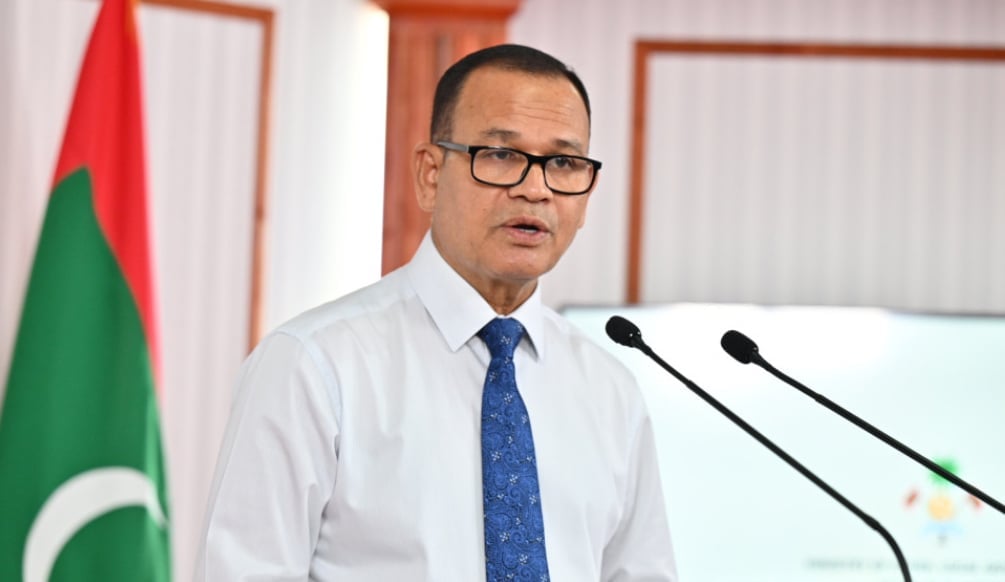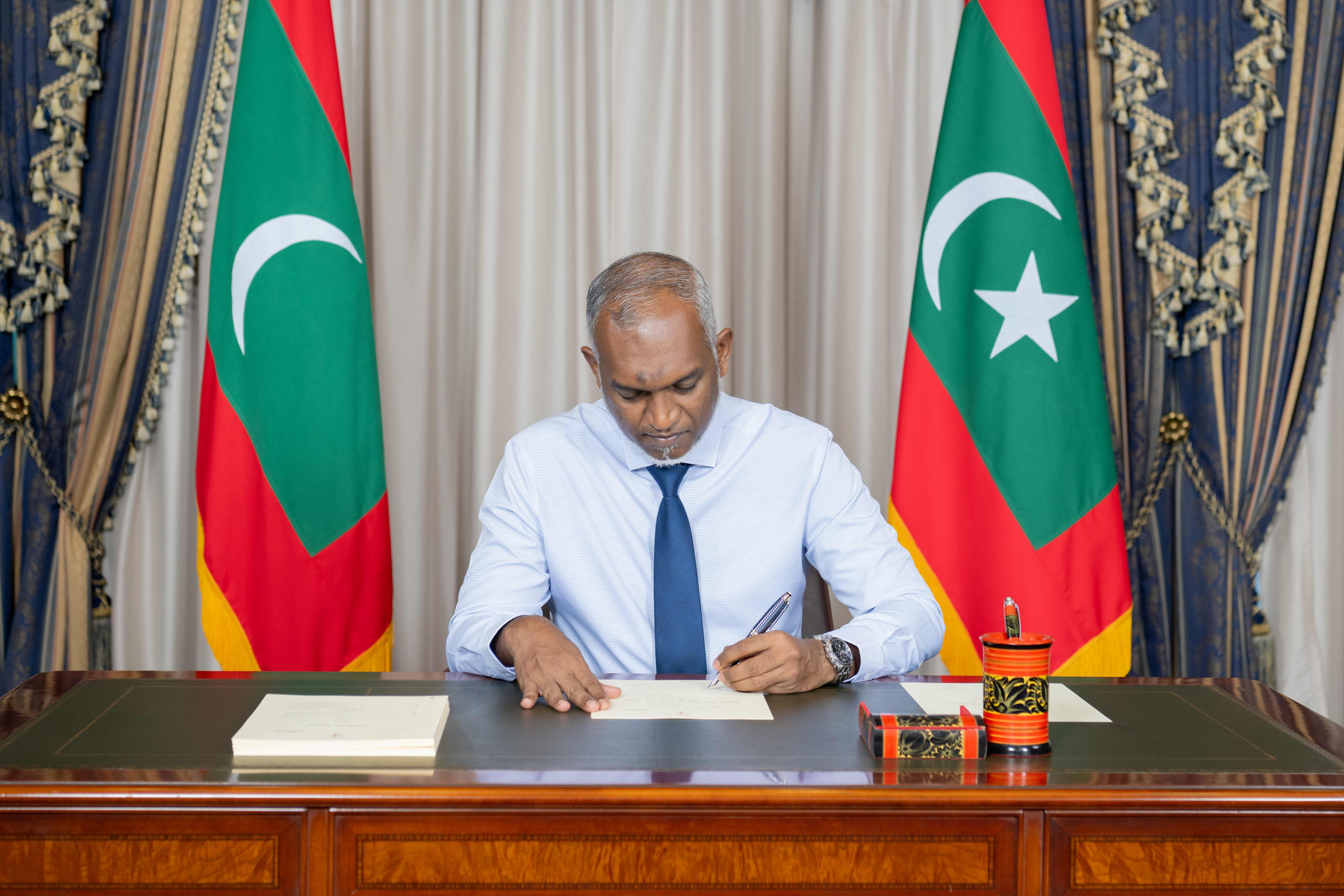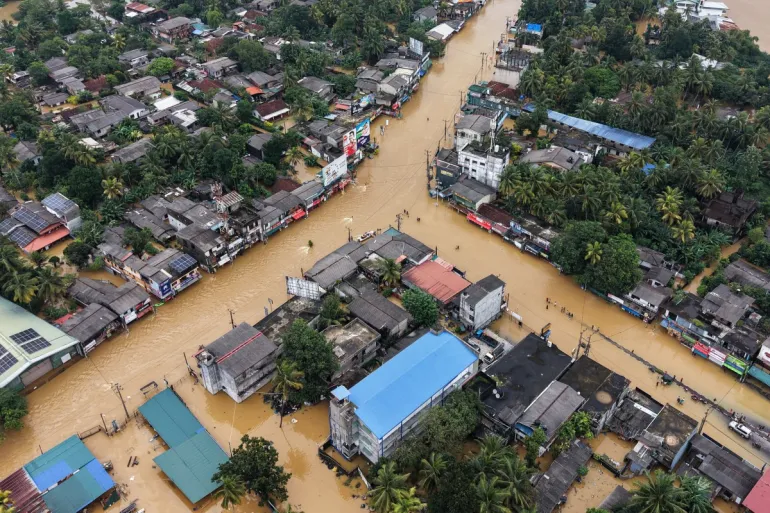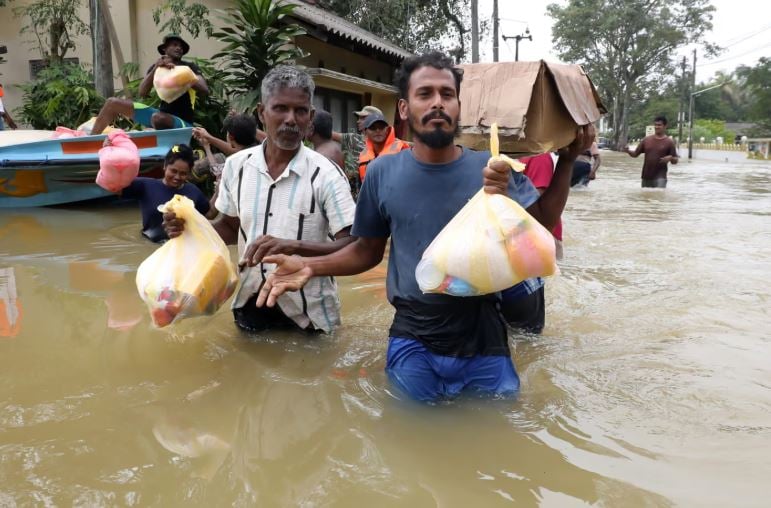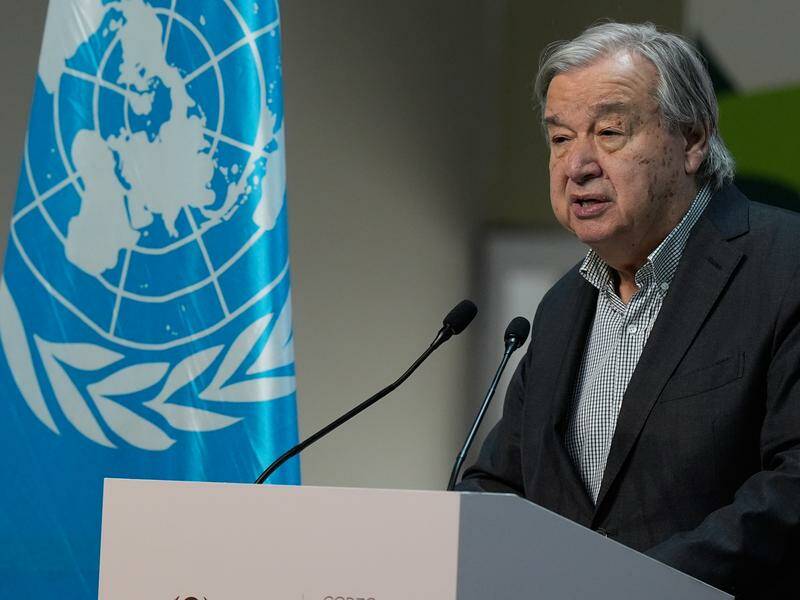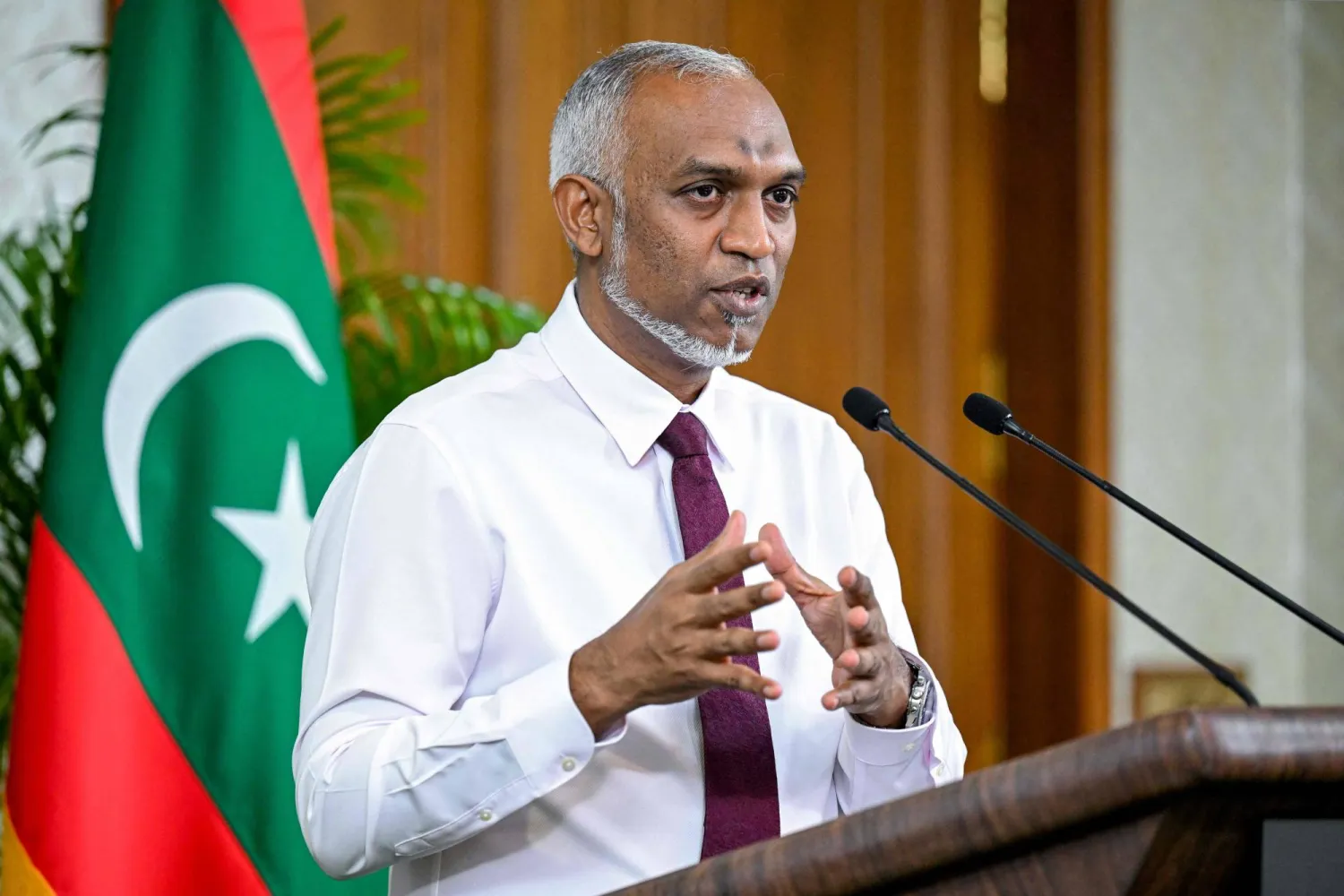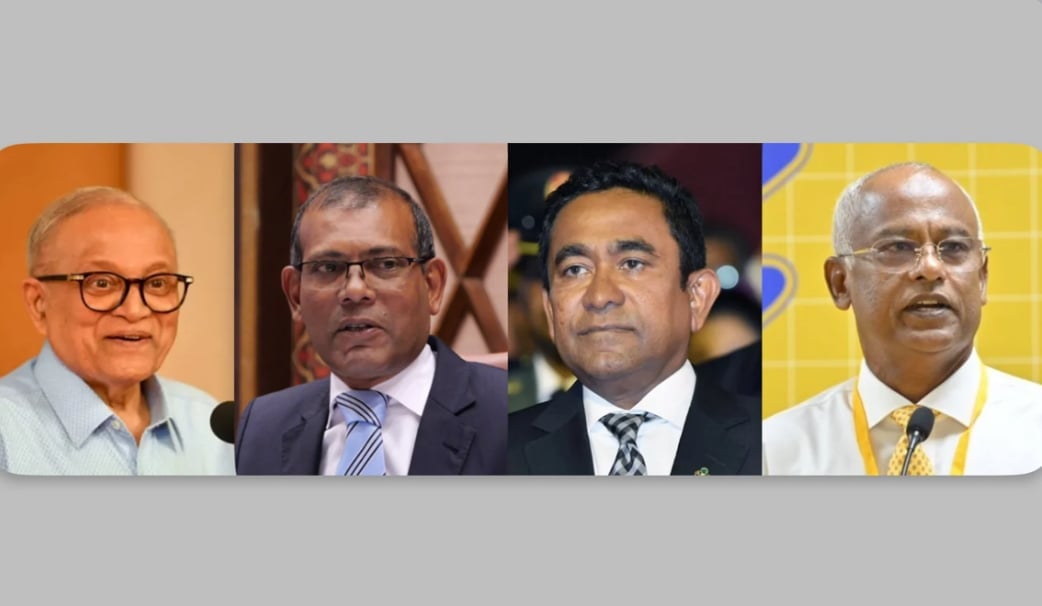The killing of Hezbollah’s long-time leader, Hassan Nasrallah, in an Israeli airstrike on a Beirut suburb has sent shockwaves through the Middle East, setting the stage for potentially seismic changes in the region's political and military landscape. As Israel’s adversaries vow revenge, world powers brace for the consequences, with tensions at an all-time high.
A Figure of Power and Controversy
Hezbollah was not just represented by Hassan Nasrallah for many Arabs, he was the face and figure of resistance. He was the face of Hezbollah for decades defending it against Israel and now his death is a huge loss to one of the biggest militant groups in the region. Known for his fiery speeches and staunch opposition to Israeli occupation, Nasrallah had cultivated a near-mythical status, both revered and reviled across the Middle East.
For his supporters, particularly in Lebanon, Palestine, and Iran, Nasrallah’s leadership symbolized the fight for sovereignty and resistance against what they saw as Israeli aggression and Western imperialism. His death, therefore, is not simply or solely the passage of an individual in a leadership role, but the death of an icon who for those who oppression has some meaning.
While the opponents of Israel and its allies are mourning his death, Israel and its allies see it as a victory. Nasrallah had been on Israel’s radar for years, accused of masterminding terrorist attacks and fueling violence across the region. His leadership in Hezbollah was seen as a major source of instability in Lebanon and a threat to Israel's security.
Reactions from Around the Globe
The reactions to Nasrallah’s death have been swift and severe, especially from those who had long stood by his side. Iranian officials, who have long backed Hezbollah, quickly announced five days of mourning. Iran’s Supreme Leader Ayatollah Ali Khamenei praised Nasrallah's work, declaring that his mission for the liberation of Jerusalem would continue. Vice President Mohammad Reza Aref warned that the killing would bring about Israel’s “destruction,” a sentiment echoed by many within the Iranian government and among its allies.
In Lebanon, where Nasrallah’s sudden demise occurred, there’s a major question as to who will take over and lead the organization as its supreme leader in the future. While the group is likely to continue its operations, the question of who is going to replace Nasrallah as a leader of the movement – and who will be able to command the same level of trust – remains largely open.
In the same manner, the shockwaves didn’t stop at the doorstep of Hezbollah alone. The Palestinian militant group, Hamas, with whom Hezbollah has worked in the past in an alliance due to their mutual enmity for Israel referred to the strike as a “cowardly act of terrorism.” Hamas leader Ismail Haniyeh declared that Nasrallah’s demise would serve to only deepen the Palestinian cause. Protests arose all over Gaza with most of the people accusing Israel of executing a targeted assassination with the aim of devastating any forms of resistance.
A Brewing Storm
For many in the international community, Nasrallah’s death raises fears of broader conflict in the already volatile region. Russia was quick to condemn the airstrike, labeling it a “political murder” and calling on Israel to cease military operations in Lebanon. Turkey’s President Recep Tayyip Erdogan described the situation in Lebanon as nothing short of genocide and urged immediate action to prevent further bloodshed.
Even allies of Israel have expressed concern. Canadian Prime Minister Justin Trudeau, while labeling Nasrallah as a terrorist, warned that the situation could escalate further, urging calm and restraint. European leaders, such as Germany’s Foreign Minister Annalena Baerbock and UK Foreign Secretary David Lammy, echoed these sentiments, raising alarms over Lebanon’s fragile state and the potential for destabilization.
While Israel and its supporters, including the United States, have celebrated Nasrallah’s death, the ramifications of this strike may stretch far beyond immediate security concerns. U.S. President Joe Biden described the event as “a measure of justice,” citing Nasrallah’s role in orchestrating attacks that claimed the lives of civilians in Israel, Lebanon, and the United States. However, Biden also acknowledged that the region remains on a knife’s edge, with U.S. forces on high alert in case of retaliation.
The Risk of Escalation
Nasrallah’s death adds yet another layer of complexity to an already fraught region. The Israeli-Palestinian conflict, the civil war in Syria, Iran’s nuclear ambitions, and the ongoing instability in Lebanon have all contributed to the volatile nature of the Middle East. With Nasrallah gone, Hezbollah is likely to regroup, and its allies in Iran, Yemen, and Palestine may see this as a call to action.
One of the gravest risks in the coming days is that the assassination of Nasrallah may lead to a cycle of reprisals resulting in War. Iran, the other main financier and supplier of military equipment to Hezbollah, has already warned that Israel will pay the price. Yemen’s Iran-backed rebels who have been targeting and firing missiles at the Israelis have vowed to take the fight to Nasrallah.
The fear is that this assassination could be the spark that ignites broader hostilities, drawing in not only Israel and Hezbollah but also Iran, Hamas, and possibly even Syria. The consequences of such a conflict would be disastrous, with the potential to destabilize the entire region.
A Fragile Future
The future of Lebanon, already on the brink of collapse due to economic hardship and political instability, hangs in the balance. Hezbollah still dominates Lebanese politics and if confrontations occur after Nasrallah’s death, they could be both to unite Hezbollah and its adversaries. As Lebanon braces for potential unrest, the international community is left to ponder the broader implications of Israel’s airstrike.
Will this be the moment that unites Hezbollah’s allies in a retaliatory push, or will it mark the beginning of the end for the group’s influence in Lebanon? For now, one thing is certain: the death of Hassan Nasrallah has opened a new chapter in the ever-evolving conflict of the Middle East, and the world will be watching closely to see how it unfolds.
A Figure of Power and Controversy
Hezbollah was not just represented by Hassan Nasrallah for many Arabs, he was the face and figure of resistance. He was the face of Hezbollah for decades defending it against Israel and now his death is a huge loss to one of the biggest militant groups in the region. Known for his fiery speeches and staunch opposition to Israeli occupation, Nasrallah had cultivated a near-mythical status, both revered and reviled across the Middle East.
For his supporters, particularly in Lebanon, Palestine, and Iran, Nasrallah’s leadership symbolized the fight for sovereignty and resistance against what they saw as Israeli aggression and Western imperialism. His death, therefore, is not simply or solely the passage of an individual in a leadership role, but the death of an icon who for those who oppression has some meaning.
While the opponents of Israel and its allies are mourning his death, Israel and its allies see it as a victory. Nasrallah had been on Israel’s radar for years, accused of masterminding terrorist attacks and fueling violence across the region. His leadership in Hezbollah was seen as a major source of instability in Lebanon and a threat to Israel's security.
Reactions from Around the Globe
The reactions to Nasrallah’s death have been swift and severe, especially from those who had long stood by his side. Iranian officials, who have long backed Hezbollah, quickly announced five days of mourning. Iran’s Supreme Leader Ayatollah Ali Khamenei praised Nasrallah's work, declaring that his mission for the liberation of Jerusalem would continue. Vice President Mohammad Reza Aref warned that the killing would bring about Israel’s “destruction,” a sentiment echoed by many within the Iranian government and among its allies.
In Lebanon, where Nasrallah’s sudden demise occurred, there’s a major question as to who will take over and lead the organization as its supreme leader in the future. While the group is likely to continue its operations, the question of who is going to replace Nasrallah as a leader of the movement – and who will be able to command the same level of trust – remains largely open.
In the same manner, the shockwaves didn’t stop at the doorstep of Hezbollah alone. The Palestinian militant group, Hamas, with whom Hezbollah has worked in the past in an alliance due to their mutual enmity for Israel referred to the strike as a “cowardly act of terrorism.” Hamas leader Ismail Haniyeh declared that Nasrallah’s demise would serve to only deepen the Palestinian cause. Protests arose all over Gaza with most of the people accusing Israel of executing a targeted assassination with the aim of devastating any forms of resistance.
A Brewing Storm
For many in the international community, Nasrallah’s death raises fears of broader conflict in the already volatile region. Russia was quick to condemn the airstrike, labeling it a “political murder” and calling on Israel to cease military operations in Lebanon. Turkey’s President Recep Tayyip Erdogan described the situation in Lebanon as nothing short of genocide and urged immediate action to prevent further bloodshed.
Even allies of Israel have expressed concern. Canadian Prime Minister Justin Trudeau, while labeling Nasrallah as a terrorist, warned that the situation could escalate further, urging calm and restraint. European leaders, such as Germany’s Foreign Minister Annalena Baerbock and UK Foreign Secretary David Lammy, echoed these sentiments, raising alarms over Lebanon’s fragile state and the potential for destabilization.
While Israel and its supporters, including the United States, have celebrated Nasrallah’s death, the ramifications of this strike may stretch far beyond immediate security concerns. U.S. President Joe Biden described the event as “a measure of justice,” citing Nasrallah’s role in orchestrating attacks that claimed the lives of civilians in Israel, Lebanon, and the United States. However, Biden also acknowledged that the region remains on a knife’s edge, with U.S. forces on high alert in case of retaliation.
The Risk of Escalation
Nasrallah’s death adds yet another layer of complexity to an already fraught region. The Israeli-Palestinian conflict, the civil war in Syria, Iran’s nuclear ambitions, and the ongoing instability in Lebanon have all contributed to the volatile nature of the Middle East. With Nasrallah gone, Hezbollah is likely to regroup, and its allies in Iran, Yemen, and Palestine may see this as a call to action.
One of the gravest risks in the coming days is that the assassination of Nasrallah may lead to a cycle of reprisals resulting in War. Iran, the other main financier and supplier of military equipment to Hezbollah, has already warned that Israel will pay the price. Yemen’s Iran-backed rebels who have been targeting and firing missiles at the Israelis have vowed to take the fight to Nasrallah.
The fear is that this assassination could be the spark that ignites broader hostilities, drawing in not only Israel and Hezbollah but also Iran, Hamas, and possibly even Syria. The consequences of such a conflict would be disastrous, with the potential to destabilize the entire region.
A Fragile Future
The future of Lebanon, already on the brink of collapse due to economic hardship and political instability, hangs in the balance. Hezbollah still dominates Lebanese politics and if confrontations occur after Nasrallah’s death, they could be both to unite Hezbollah and its adversaries. As Lebanon braces for potential unrest, the international community is left to ponder the broader implications of Israel’s airstrike.
Will this be the moment that unites Hezbollah’s allies in a retaliatory push, or will it mark the beginning of the end for the group’s influence in Lebanon? For now, one thing is certain: the death of Hassan Nasrallah has opened a new chapter in the ever-evolving conflict of the Middle East, and the world will be watching closely to see how it unfolds.





